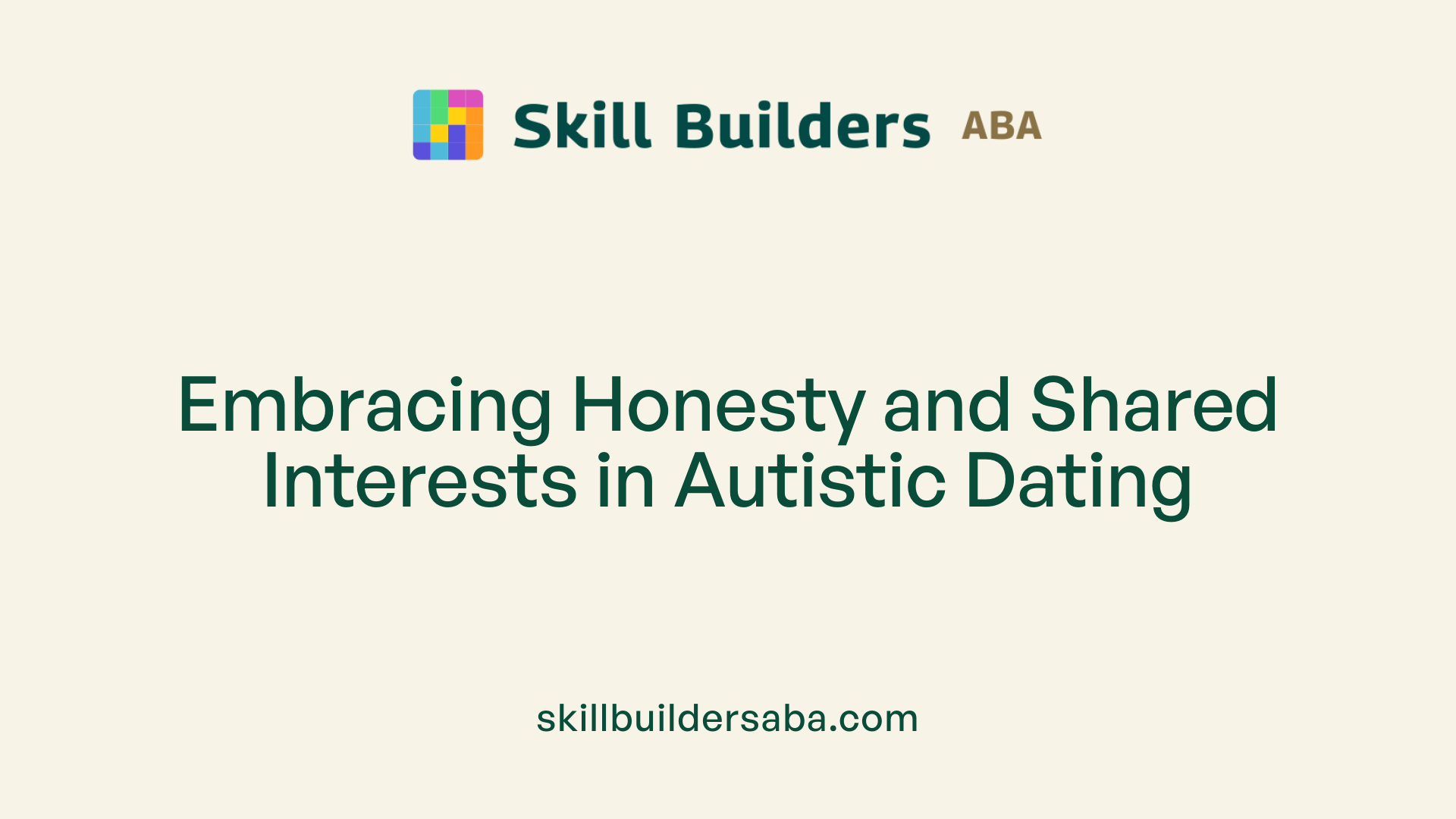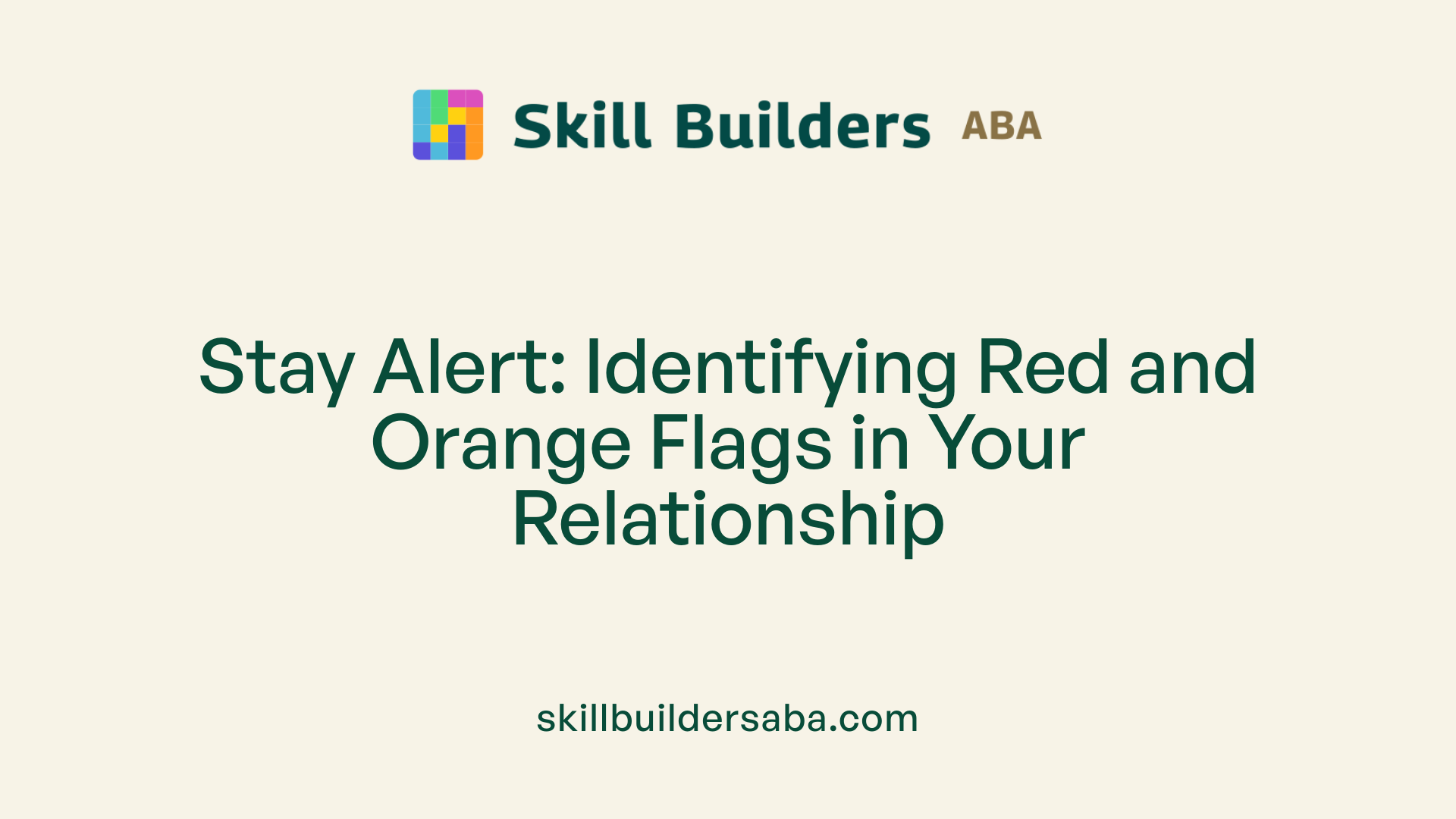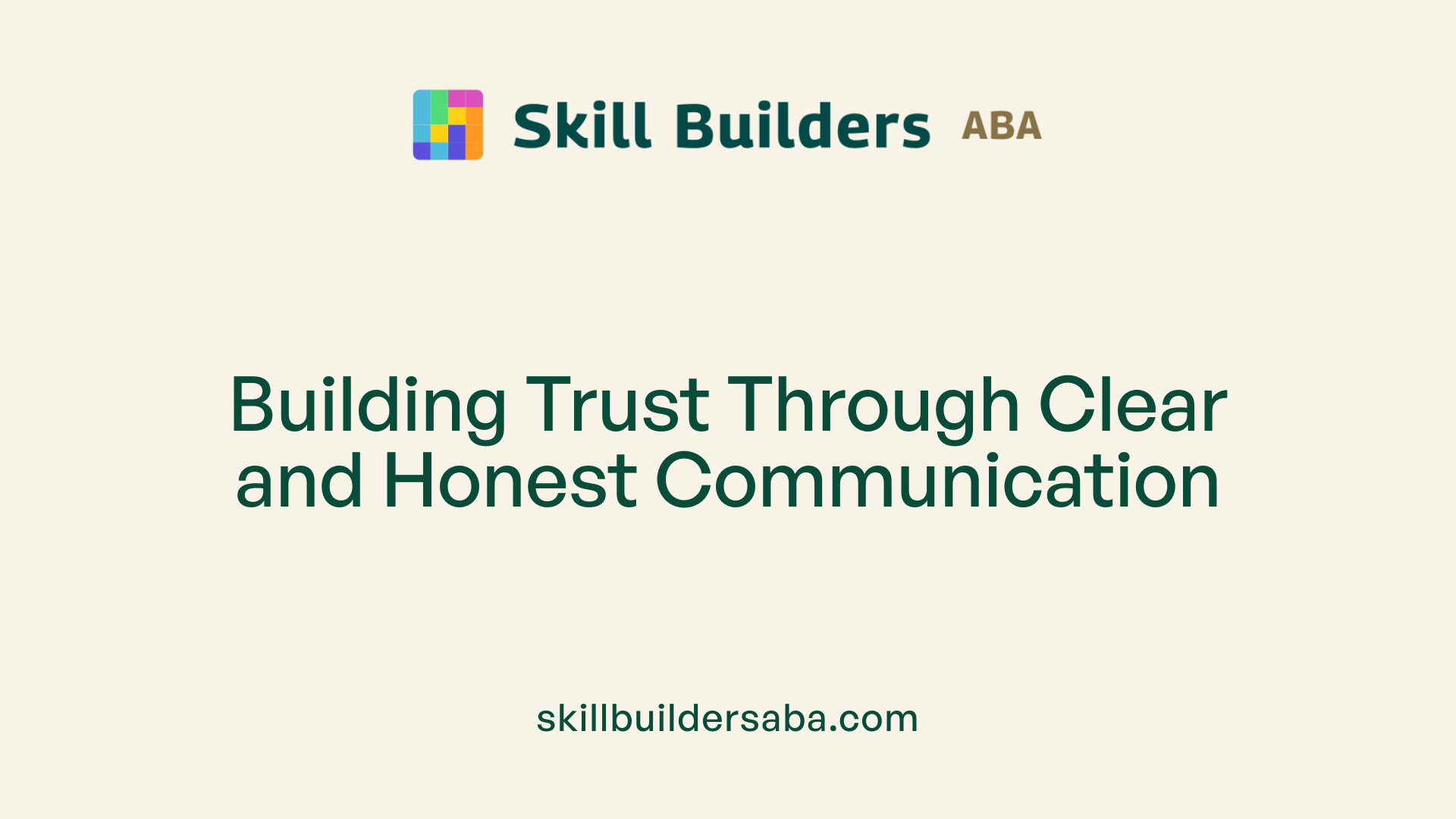
Autism Dating
Navigating Love and Relationships on the Spectrum
Understanding Autism and Romantic Relationships
Autism spectrum disorder (ASD) presents unique challenges and strengths when it comes to dating and forming romantic relationships. While many autistic adults desire companionship and love, they often face specific hurdles due to social, communication, and sensory differences. This article explores the nature of autism dating, practical advice for building meaningful connections, and resources tailored to support autistic individuals in their romantic pursuits.
The Nature of Autism in Dating

What is the typical dating style of an autistic person?
Autistic individuals often approach dating with a preference for straightforward and honest communication. They tend to value clarity and honesty in expressing their feelings, boundaries, and intentions. Many find comfort in shared interests and activities, such as engaging in hobbies like reading, puzzles, or common passions, which can create a natural connection without the demands of lengthy small talk.
In relationships, autistic people often prioritize emotional understanding and companionship over traditional romantic gestures. Routine and predictable interactions can make dating more comfortable, and some may appreciate establishing relationship rules or following clear routines.
Relationships are frequently built on mutual respect and genuine connection, with less emphasis on social cues or indirect hints, which can sometimes be confusing. Instead, many autistic individuals value authenticity and transparency, ensuring both partners are comfortable and their needs are clear.
While experiences vary widely, the focus for most autistic people in dating is on creating meaningful, respectful bonds that respect their communication styles and comfort levels. This approach emphasizes meaningful connection over superficial interactions, fostering relationships based on trust and mutual understanding.
The Challenges Faced in Autistic Dating
Do autistic people face challenges when dating?
Many autistic individuals encounter unique difficulties in dating. A common hurdle is social communication, which involves understanding and responding to non-verbal cues, subtle hints, or indirect language. Autistic people may find it harder to interpret body language, facial expressions, or tone of voice, sometimes leading to misunderstandings.
Another significant challenge relates to intimacy. Building emotional closeness requires mutual vulnerability and subtle social exchanges that may not come naturally to everyone on the spectrum. Furthermore, intense emotions—both positive and negative—are often experienced internally but can be hard to express outwardly, complicating how partners understand each other.
Sensory sensitivities also play a critical role. Noise, bright lights, crowds, or certain textures can cause discomfort or overload, making typical dating activities overwhelming. Special interests, while enriching, might sometimes interfere with the flow of conversation or shared activities if not navigated thoughtfully.
Emotionally, conflicts tend to be more complex. Autistic individuals might freeze, withdraw, or react strongly when faced with disagreement or perceived rejection, which can hinder resolution. These emotional reactions, sometimes rooted in past trauma or heightened sensitivity, require patience and understanding.
Despite these hurdles, many autistic people successfully form meaningful relationships. Increased self-awareness, clear communication, and supportive partners can make the journey easier. Access to counseling or therapy also provides tools to manage social and emotional challenges, helping autistic individuals build fulfilling romantic relationships.
Recognizing Red and Orange Flags in Autistic Relationships

What are the red flags and orange flags to watch for in autistic dating relationships?
In any romantic partnership, especially among autistic individuals, being alert to early warning signs is crucial for maintaining safety and well-being. Red flags are serious concerns that indicate an unhealthy or potentially harmful relationship.
Examples of red flags include coercion, control, and all forms of abuse—whether physical, verbal, or emotional. Dishonesty, belittling behavior, threats, or manipulation are clear signals that the relationship may be unsafe. Such warning signs suggest a lack of respect, safety, and the ability to establish trust.
Orange flags are more subtle, but still important to recognize. These include mismatched values or interests, communication difficulties, and persistent misunderstandings. If disagreements escalate or if there are controlling behaviors—like isolating from friends or disregarding boundaries—they might be signs of underlying issues.
For autistic individuals, monitoring signs of over-reliance on masking or difficulty interpreting social cues can be important. These tendencies can sometimes mask deeper problems or lead to miscommunication.
Healthy relationships typically display mutual respect, honesty, and understanding. Partners support each other's needs and communicate openly. Sharing interests and values helps create a strong foundation.
Being aware of these indicators and promoting honest dialogue can help autistic individuals identify relationships that are safe and supportive. Recognizing early signs enables adjustments or exits before problems escalate.
Overall, staying alert for red and orange flags and fostering open, respectful communication are vital for cultivating fulfilling, secure partnerships.
Specialized Dating Platforms for Autistic Adults

Are there specific dating platforms or apps designed for autistic individuals?
Yes, there are several platforms tailored specifically for autistic and neurodivergent people seeking romantic relationships and friendships. One prominent example is Hiki, a community-based app that connects autistic individuals, ADHD, and other neurodivergent users. Hiki emphasizes safety, with features like location and ID verification, and offers a simple interface that is accessible for users with sensory sensitivities. It promotes genuine connections through features such as mood indicators, chat options, and a supportive environment.
Other platforms include Aspie Singles, which focuses on those with Asperger’s syndrome. Aspie Singles uses detailed profiles and questionnaires to match users based on shared interests and compatibility, fostering meaningful interactions. Spectrum Singles employs a unique Spectrum Compatibility Test (SCT) that assesses sensory preferences, social style, and other autism-related traits to facilitate compatible matches.
Additional options such as Autism Date, Autism Dating, and Neuro Date provide tailored features like video chat and curated matching algorithms. These platforms often emphasize safety measures and shared interests to help users navigate the challenges of dating while respecting neurodiversity.
Overall, these specialized platforms aim to create safe, understanding, and inclusive environments where autistic adults can connect, build relationships, and find support in their romantic pursuits.
Effective Communication and Self-Disclosure Strategies

Why Is Clear and Honest Communication Important?
Effective communication forms the foundation of any successful romantic relationship, especially for autistic individuals who may find social cues and indirect hints confusing. Being straightforward about your feelings, needs, and boundaries helps prevent misunderstandings and builds trust with your partner.
Honest communication involves openly sharing your preferences and limits, which not only helps your partner understand you better but also fosters mutual respect. Using clear language and avoiding ambiguous statements can make conversations smoother and more productive.
How Do You Decide Whether to Disclose Autism to a Partner?
Deciding whether or not to disclose autism to a dating partner is a personal choice that each individual must make based on their comfort level and assessment of the situation. Some autistic individuals choose to be upfront about their diagnosis to foster understanding and acceptance from the start.
Reactions from partners can vary; some may be supportive and understanding, while others might need time to adapt. It is helpful to gauge your comfort, the nature of your relationship, and the potential impact on your emotional well-being before sharing.
Strategies for Negotiating Boundaries and Expectations
Negotiating boundaries and expectations early in dating can create a healthier relationship. Discuss sensory sensitivities, comfort with physical contact, and preferred ways of expressing affection.
Role-playing conversations or writing down what you want to communicate can help you express your needs more clearly. Consider choosing activities that suit both your sensory preferences and be open to compromise.
Open dialogue about future plans and individual limits ensures both partners feel respected and understood. Remember, setting boundaries is an ongoing process and should be revisited as the relationship progresses.
Building Confidence and Navigating the Dating Scene
How can autistic individuals build confidence in dating?
Autistic individuals often face unique challenges in navigating romantic relationships, but there are practical steps to boost confidence and ease anxiety. A foundational step is developing a solid understanding of oneself — knowing personal preferences, limits, and boundaries helps in forming authentic and comfortable connections.
Practicing social skills is also valuable. Role-playing scenarios such as asking someone out or responding to different social cues can simulate real situations in a safe environment. Social skills groups, therapy, and online role-play modules are educational tools that help improve communication and reduce social anxiety.
Choosing activities that are enjoyable and accessible plays a significant role. Sensory-friendly environments or interests aligned with personal passions make dating experiences more pleasant and less overwhelming. For example, visiting quiet cafes or engaging in shared hobbies can foster positive interactions.
Emphasizing authenticity—being honest about oneself and one's needs—cultivates genuine connections. Celebrating strengths and accepting that rejection is a natural part of dating helps build resilience.
Expanding social networks through community events geared toward neurodivergent individuals or participating in shared interest groups can also foster confidence. These spaces provide opportunities to practice social interactions in low-pressure settings.
Overall, self-advocacy, patience, and a focus on enjoyable experiences help autistic individuals develop the confidence needed to build meaningful romantic relationships.
The Role of Support Systems and Therapy
Autistic individuals often face unique challenges when it comes to dating, but various resources and support systems can make this journey more manageable.
Support groups, social skills training, and counseling are valuable tools that help autistic people develop the necessary relationship skills. These resources offer a safe space to practice social interactions, learn communication strategies, and gain confidence.
Therapy can play a significant role in facilitating relationship development. For example, social skills therapy can teach understanding of social cues and emotional expression, while counseling can address specific concerns like anxiety or self-esteem issues related to dating.
Understanding neurodiversity is also essential. It promotes self-acceptance and can reduce feelings of inadequacy or shame, making individuals more comfortable and authentic in their relationships.
Many online platforms provide specialized advice, articles, and podcasts tailored for autistic adults, offering practical tips on dating and building connections. Engaging with these resources enhances knowledge, reduces uncertainties, and fosters a sense of community.
Joining support networks, both online and in person, allows autistic individuals to share experiences, exchange advice, and build networks that can lead to new romantic opportunities. Overall, support systems and therapy significantly contribute to healthier, more fulfilling romantic relationships for autistic people.
Safety Tips for Dating on the Spectrum
What safety tips should autistic individuals follow when dating?
Autistic individuals are encouraged to prioritize their safety while dating by following several practical tips. First and foremost, always choose public places for initial meetings, such as cafes, parks, or community centers. Public settings provide a safer environment and help prevent any unwanted situations.
It's also essential to inform friends or family members about your plans. Sharing details like the location, time, and with whom you're meeting allows someone to check in on you if needed. Keeping a cell phone handy and having a clear emergency plan is also recommended in case surprises arise.
Monitoring your surroundings during the first meeting helps you stay aware of any discomfort or sensory overload. Trust your instincts; if a situation feels unsafe or overwhelming, don’t hesitate to leave. Setting boundaries early, such as limits on physical contact or topics you're comfortable discussing, can help manage expectations.
For sensory-sensitive individuals, selecting sensory-friendly locations or activities—like quiet parks or museums—can enhance comfort. Avoid drinking alcohol or using substances that impair judgment, and be cautious about oversharing personal information initially.
Overall, clear communication about boundaries, a focus on safety, and listening to your instincts are vital for building trust and ensuring positive, enjoyable dating experiences.
Conclusion: Embracing Spectrum Diversity in Love
Celebrating unique relationship styles.
Relationships among autistic individuals can differ from traditional expectations, emphasizing personal authenticity and comfort. Whether through conventional dating, online platforms tailored for neurodivergent users, or unconventional arrangements, every connection reflects personal needs and interests.
Activities chosen for dates should prioritize accessibility and sensory considerations. For many autistic people, environments that are quiet, familiar, and free of overstimulating stimuli foster positive experiences and meaningful interactions.
The importance of authenticity and patience.
Open communication about boundaries, preferences, and disclosure of autism is vital for building trust. Autistic individuals often excel with straightforward dialogue and honesty, which helps prevent misunderstandings.
Patience plays a crucial role, especially given the emotional intensity some experience and the unpredictability of plans. Accepting rejection as part of the process helps maintain confidence and encourages personal growth.
Encouragement to pursue meaningful connections.
Despite distinct challenges, autistic adults seeking love and companionship are capable of profound, fulfilling relationships. Support networks, tailored dating apps like Hiki and Spectrum Singles, and community resources can aid in discovering compatible partners.
Celebrate diversity in love by honoring different relationship pathways—be it traditional, unconventional, or something uniquely suited to each individual. Embrace your journey towards connection with confidence, patience, and authenticity, knowing that meaningful partnerships are accessible for everyone on the spectrum.
Final Thoughts: Love Without Limits
Autism dating is a journey of self-discovery, acceptance, and genuine connection. By embracing the diversity of experiences and relationships within the spectrum, autistic individuals can find fulfilling partnerships built on honesty, respect, and shared interests. With the right tools, support, and mindset, love can flourish in all its beautiful forms, proving that autism is not a barrier but a unique lens through which to experience connection and intimacy.
References
- Dating tips for autistic adults | Autism Speaks
- Safe Dating on the Spectrum: Sites, Apps & Tips for Success
- Relationships and Dating | Autism Speaks
- Why dating can be tricky for autistic people (and some tips from an ...
- What My Autism Has Taught Me About Dating and Relationships
- Romance 101: Dating for Autistic Adults | CHOP Research Institute
- Hiki: Autism ADHD & ND Dating - Apps on Google Play
- Autism Dating: An Honest Dating Guide for Autistic People
- Dating and Autism: 6 Things to Consider, According to a Psychologist
- 10 Best Autism Dating Sites To Find Your Love on the Spectrum
Clear Answers for Caring Parents
You can find a detailed breakdown of our programs on our website. If you prefer to skip the reading and have a conversation about what’s possible, feel free to reach out to us today.
.svg)